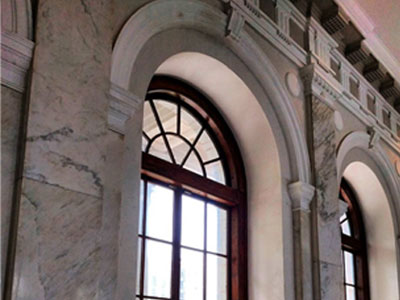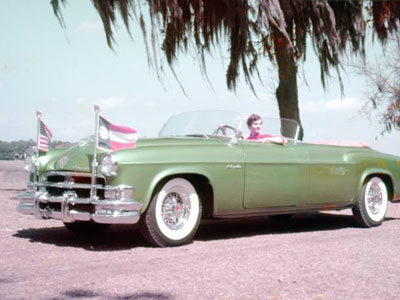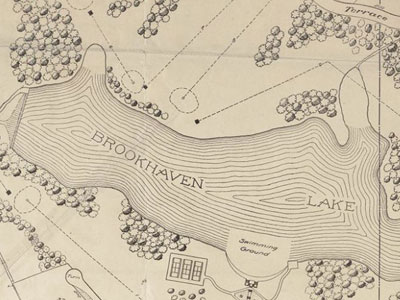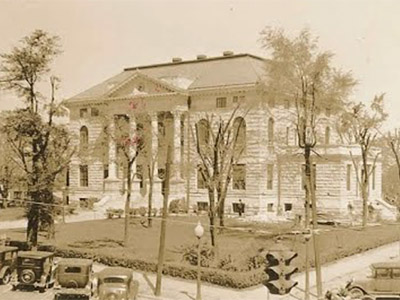YOUR RESEARCH, YOUR ARCHIVES
Lithonia Community Engagement Project
The DeKalb History Center collects, preserves, and shares the wide-ranging stories of the people and places of DeKalb County and we believe everybody’s story is worth collecting and telling. We have long relied on donors to bring materials to our archives, which means some of DeKalb’s important history is not represented in our holdings. After intense strategic planning by our board, we are taking steps to strengthen and grow our materials in one focus area, with more to come in subsequent years. We begin with the City of Lithonia, where our archival materials are largely from the period of 1850 – 1950 and include photos, oral histories and subject files. We do not have much recent history, nor from the communities of color in that city and surrounding areas.
As part of a larger push to broaden our collection’s scope, we are actively seeking to collect more of Lithonia’s history and preserve it for generations to come. We do not seek to redo work already done by the Arabia Mountain Heritage Area Alliance, but to reinforce their tremendous efforts, especially regarding the Bruce Street School project. The AMHAA, as community supporters, look forward to our efforts to further preserve the history and heritage of Lithonia. We are already partnering with Lithonia’s Historic Preservation Commission and in the past assisted the DeKalb NAACP with their Remembrance Project.
Any time period of Lithonia’s history is welcome, but our greatest need is for stories from the 1950s forward. DeKalb County experienced great growth and prosperity following World War II; we seek to answer the question, what was life like in the more rural parts of the county in this period? The DeKalb NAACP and Equal Justice Initiative uncovered three historic lynchings related to Lithonia – are there residents who would like to share related stories?
How did residents experience the Civil Rights movement? How did Lithonia adjust to changing demographics in this time as it became a majority African American city (1960s – 1980s)? How did integration of schools and the city affect people personally? What is life like today as Lithonia continues to thrive?
We seek archival materials representative of daily life in Lithonia during this time period. This could include photographs, documents, scrapbooks, family letters, and other records of historic value. While we always prefer original materials, we are also able to digitize papers and return them to their owners. We recently received the Bruce Street School 1962 Yearbook, “The Brucean.” Three dimensional objects that help tell Lithonia’s history would also be welcome and could include household items, farming tools, clothing, school or political memorabilia, and more.
In partnership with the Arabia Mountain Heritage Area Alliance, we have secured a twelve-year old oral history collection created by Edward J. Anderson. This includes a wide variety of 27 important interviews, some from people who have passed. Included are: Max Cleland, Barbara Lester, Bertha S. Clark, George Lyon, Mayor John Robbins, Howard Lee and more.
With assistance from Tiffany Parks, we have secured Mayor Marcia Glenn Hunter’s archives.
We have already begun to gather oral histories from Lithonians. Our archivist, Jennifer Blomqvist, African American History Coordinator, Monica El-Amin, and Videographer, Eddy Anderson, have added new interviews with these individuals to our archival collections: Sheryl Crawford, Frank Cameron, Annie Anderson Daugherty, Stephanie & Roy El-Amin, Dr. Quentin Fretwell, Gwen Russell Green, Allene Harper, Marcia Glenn Hunter, Mary Lowe, Leo Morton, Olitha Reid, and Dee Smith.
If you would like to participate, please contact Melissa at carlson@dekalbhistory.org.
This project is funded in part by DeKalb County, CEO Michael Thurmond, and in partnership with Arabia Mountain National Heritage Area.
Click here for oral history transcripts and interviews Lithonia Community Engagement Project






